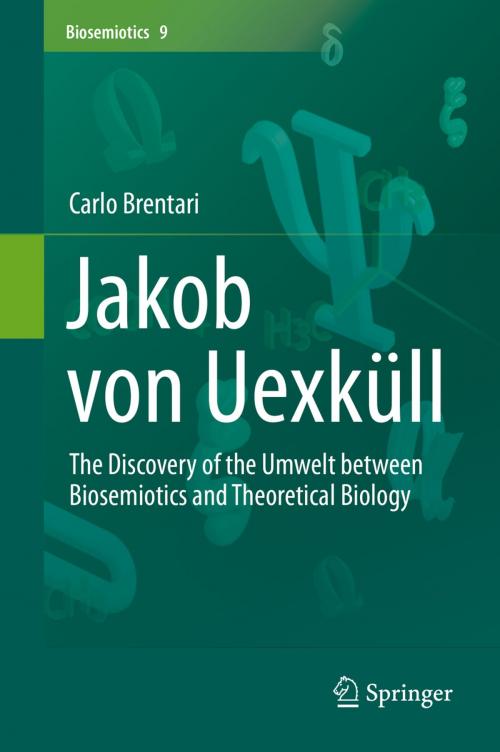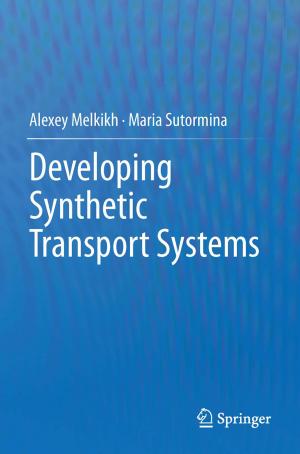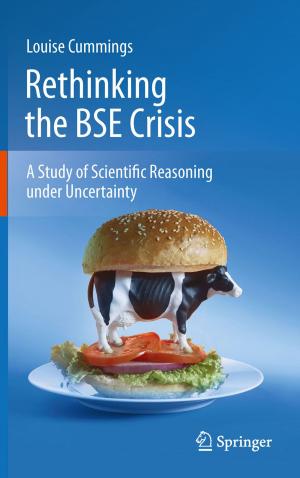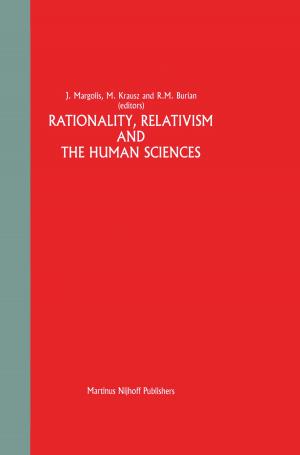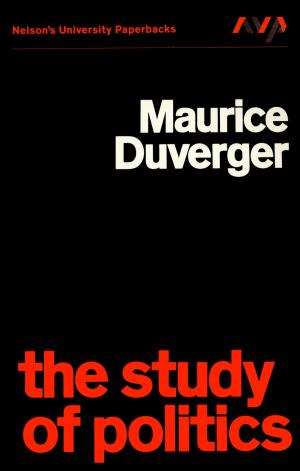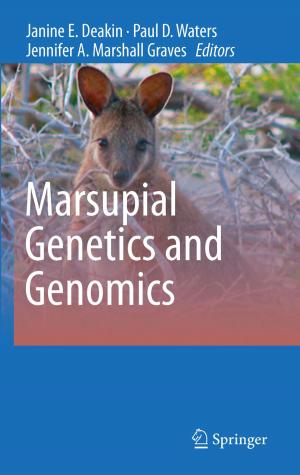Jakob von Uexküll
The Discovery of the Umwelt between Biosemiotics and Theoretical Biology
Nonfiction, Religion & Spirituality, Philosophy, Reference, Modern| Author: | Carlo Brentari | ISBN: | 9789401796880 |
| Publisher: | Springer Netherlands | Publication: | February 18, 2015 |
| Imprint: | Springer | Language: | English |
| Author: | Carlo Brentari |
| ISBN: | 9789401796880 |
| Publisher: | Springer Netherlands |
| Publication: | February 18, 2015 |
| Imprint: | Springer |
| Language: | English |
The book is a comprehensive introduction to the work of the Estonian-German biologist Jakob von Uexküll. After a first introductory chapter by Morten Tønnessen and a second chapter on Uexküll's life and philosophical background, it contains four chapters devoted to the analysis of his main works. They are followed by a vast eighth chapter which deals with the influence Uexküll had on other philosophers and scientists. Finally, the author discloses his conclusions, focused on the possibility of updating Uexküll’s work. As far as the key issue is concerned, the Uexküllian Umwelt is the perceptive and operative world which surrounds animal species; it is a subjective species-specific construction which provides living organisms with great security and behaviour stability. The relationship that the animal carries out with its environment is a complex system of semiotic interactions: its behaviour is not a set of mechanical reactions, but a spontaneous attribution of meaning to the outside world.
The book is a comprehensive introduction to the work of the Estonian-German biologist Jakob von Uexküll. After a first introductory chapter by Morten Tønnessen and a second chapter on Uexküll's life and philosophical background, it contains four chapters devoted to the analysis of his main works. They are followed by a vast eighth chapter which deals with the influence Uexküll had on other philosophers and scientists. Finally, the author discloses his conclusions, focused on the possibility of updating Uexküll’s work. As far as the key issue is concerned, the Uexküllian Umwelt is the perceptive and operative world which surrounds animal species; it is a subjective species-specific construction which provides living organisms with great security and behaviour stability. The relationship that the animal carries out with its environment is a complex system of semiotic interactions: its behaviour is not a set of mechanical reactions, but a spontaneous attribution of meaning to the outside world.
